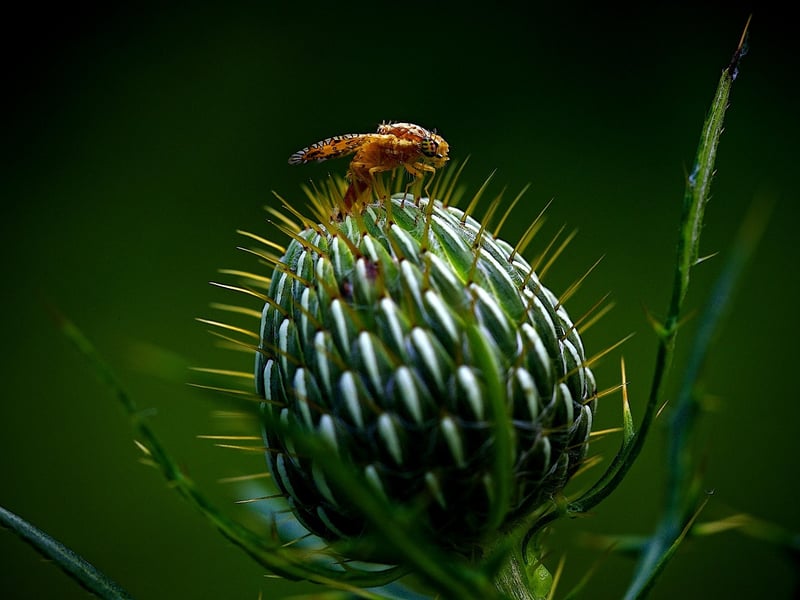Common Garden Pests
Dealing with Garden Pests
Gardening is a rewarding hobby that allows you to connect with nature and enjoy the beauty of your outdoor space. However, dealing with garden pests can be a frustrating challenge for any gardener. These unwelcome visitors can wreak havoc on your plants and flowers if left unchecked. In this article, we will discuss some effective strategies for dealing with garden pests and common pests you may encounter in your garden.
Effective Strategies for Dealing with Garden Pests
1. Natural Predators
Encouraging natural predators like ladybugs, lacewings, and birds in your garden can help control pest populations. These beneficial insects and animals feed on common garden pests, keeping their numbers in check.
2. Companion Planting
Planting certain flowers and herbs alongside your vegetables can help repel pests. For example, marigolds can deter nematodes, while basil can repel mosquitoes and flies.
3. Organic Pesticides
Use organic pesticides like neem oil, insecticidal soap, or diatomaceous earth to target specific pests while minimizing harm to beneficial insects and the environment.
4. Handpicking
Inspect your plants regularly and handpick any pests you find, such as caterpillars or beetles. This method is especially effective for small infestations.
Common Garden Pests
1. Aphids
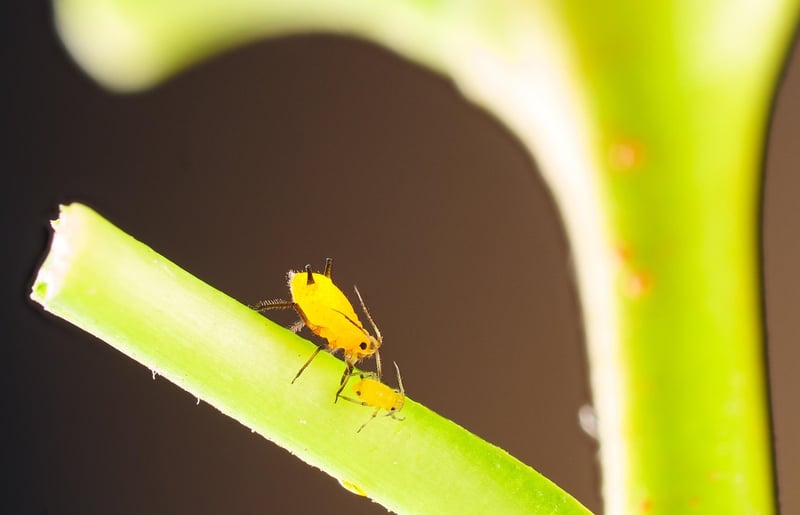 Aphids are small, sap-sucking insects that can quickly multiply and damage plants by feeding on their sap.
Aphids are small, sap-sucking insects that can quickly multiply and damage plants by feeding on their sap.
2. Slugs and Snails
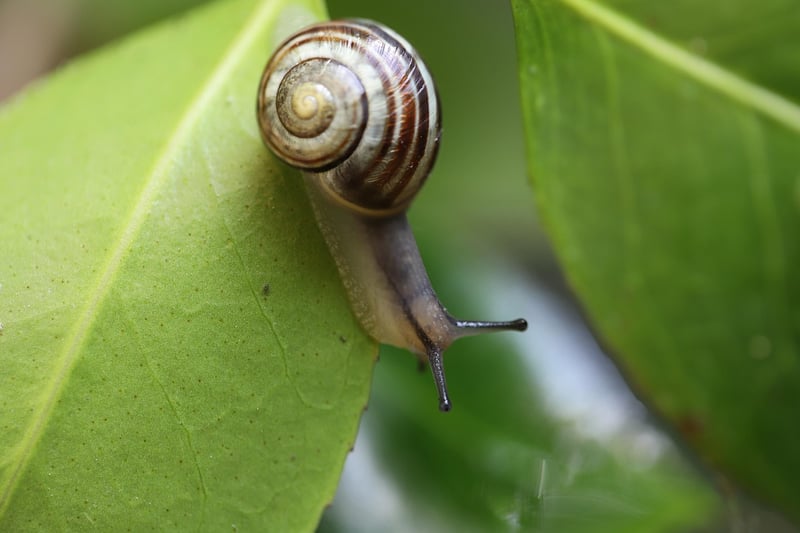 Slugs and snails are common garden pests that feed on leaves, stems, and flowers, leaving behind slimy trails.
Slugs and snails are common garden pests that feed on leaves, stems, and flowers, leaving behind slimy trails.
3. Caterpillars
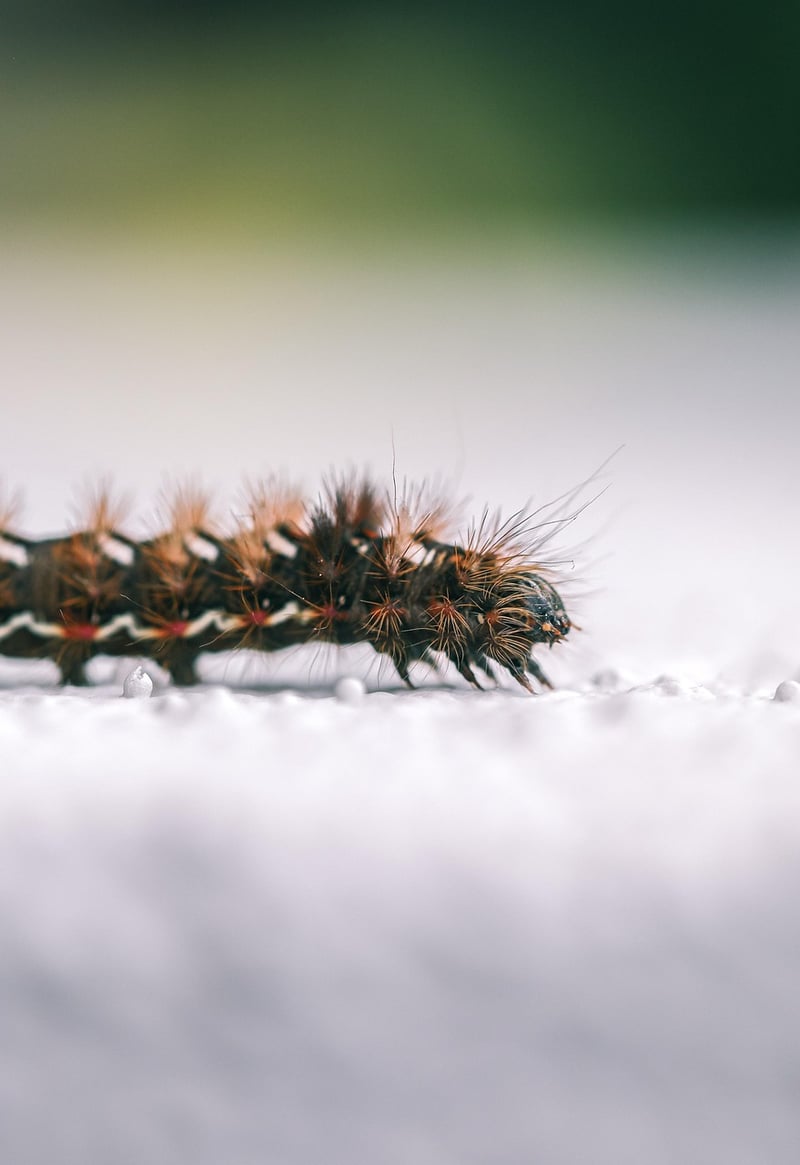 Caterpillars can devour foliage and flowers, causing significant damage to plants if not controlled.
Caterpillars can devour foliage and flowers, causing significant damage to plants if not controlled.
4. Whiteflies
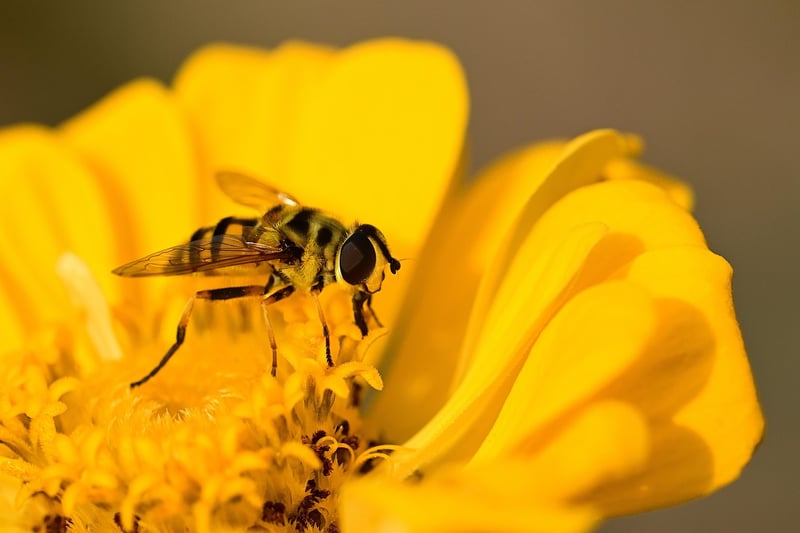 Whiteflies are tiny insects that feed on plant sap, causing yellowing of leaves and the transmission of plant diseases.
Whiteflies are tiny insects that feed on plant sap, causing yellowing of leaves and the transmission of plant diseases.
By implementing these strategies and staying vigilant against common garden pests, you can protect your plants and enjoy a thriving garden all season long.
